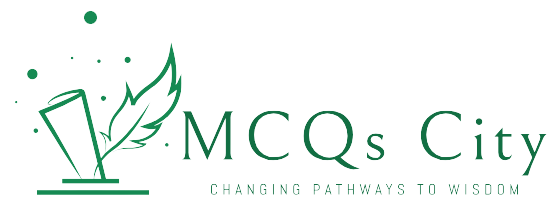

A. bulimia
B. pica
C. anorexia
D. obesity
A. Cellular dehydration; thirst
B. Hypovolemia; drinking
C. Cellular dehydration; drinking
D. Hypovolemia; eating
A. flow
B. experiencing flow
C. 360-degree feedback
D. structured interviews
A. Father
B. Skinner
C. Taller
D. Shorter
A. psychosomatic illness
B. taste aversion
C. anorexia
D. specific hunger
A. Provide employees with relatively easy work assignments
B. inform employee of the exact deadlines for the completion of work projects
C. discourage employees from critically discussing controversial company policies
D. mediate a personal dispute between two argumentative employees
A. Sedentary lifestyles mean human beings take less regular exercise, which leads to excess weight
B. Human meal times tend to be fixed which overrides body’s natural appetite and control mechanism
C. Variety of modern foods encourage people to eat more by bringing immediate rewards of new tastes smell and textures
D. Higher stress levels in contemporary society can lead to overeating
A. Emotions
B. Goals
C. Society
D. Communication
A. A reward is something an animal will work to obtain or achieve
B. A punishment is something an animal will work to escape or avoid
C. A voluntary behaviour is also called a Pavlovian response
D. The term ‘work’ refers to a voluntary behaviour